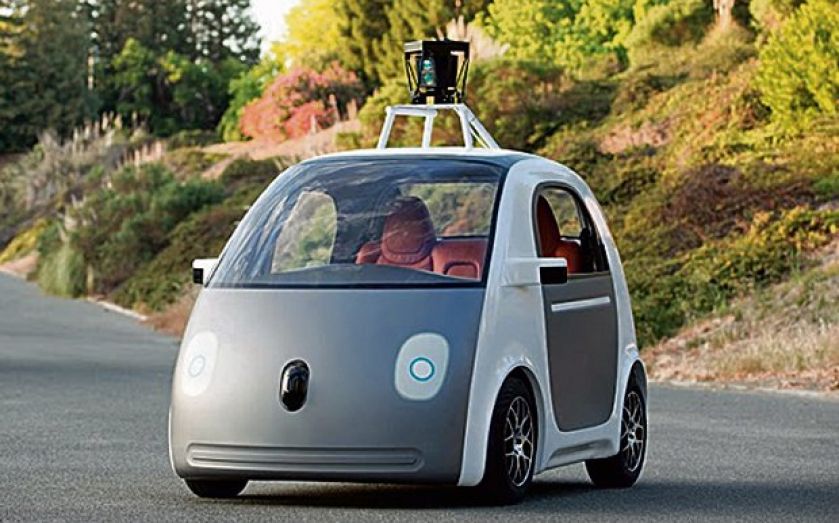Is the UK close to widespread adoption of driverless cars?

Stian Westlake, executive director of research at Nesta, says Yes.
Self-driving cars offer big benefits for consumers and for the economy.
They’re safer. They’ll allow us to free up city centre parking and relieve drudgery for the 57 per cent of British workers who drive to work.
The reality is near at hand. Google cars have been operating safely for five years, and it expects to sell them from 2017. Nissan is predicting 2020. And driverless technologies, like intelligent cruise control, are already widespread.
The big challenge will be working out the practicalities: how people use them, and how our cities and rules adapt around them.
Will insurance for driverless cars be cheaper? Can you send your car to pick up your dry cleaning?
But these are exactly the soft, fuzzy problems that capitalism is good at solving.
By setting up testbeds, the government is doing exactly what it should: creating the space for markets and consumers to experiment to find out what works.
Nick Connor, managing director of Volvo Car UK, says No.